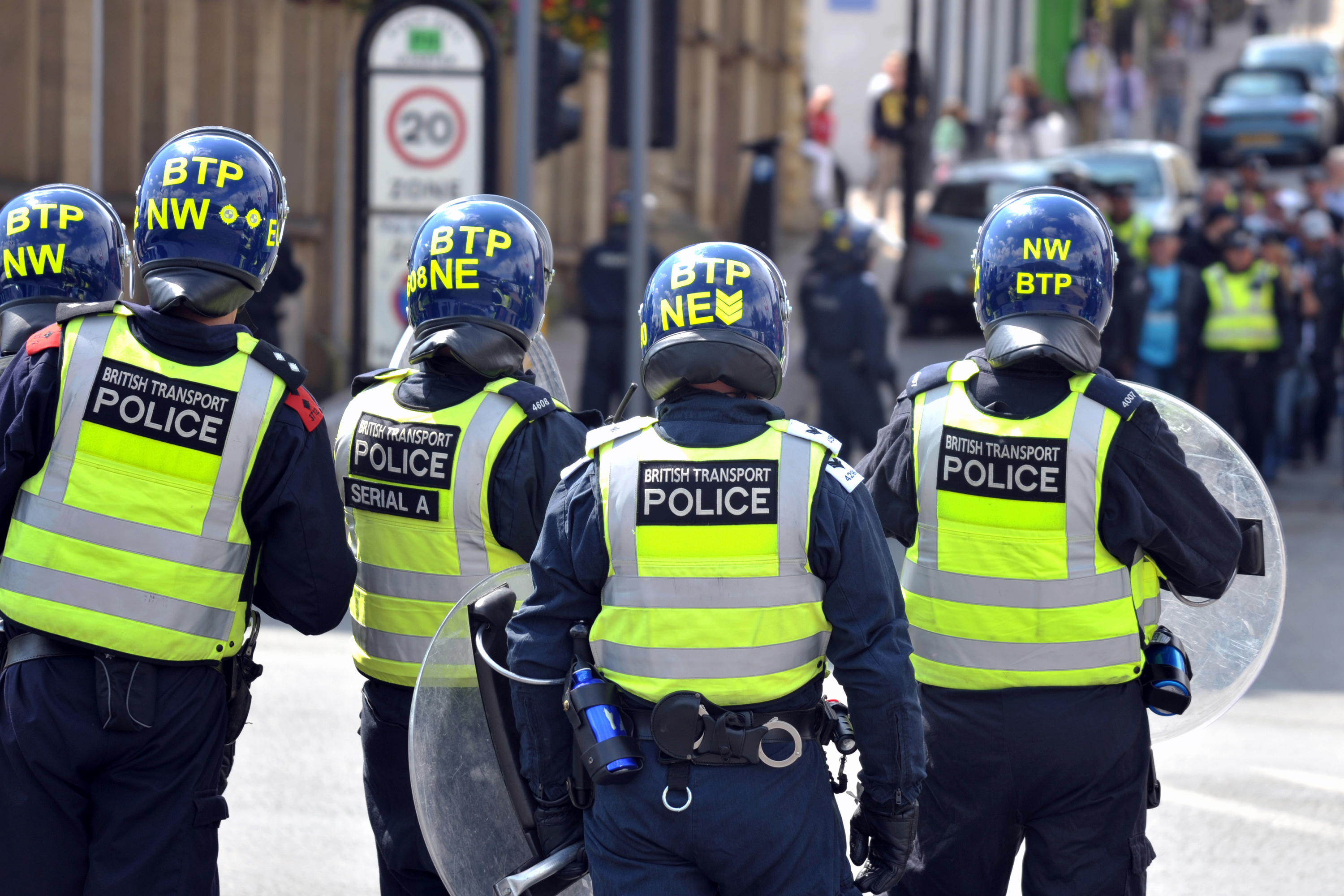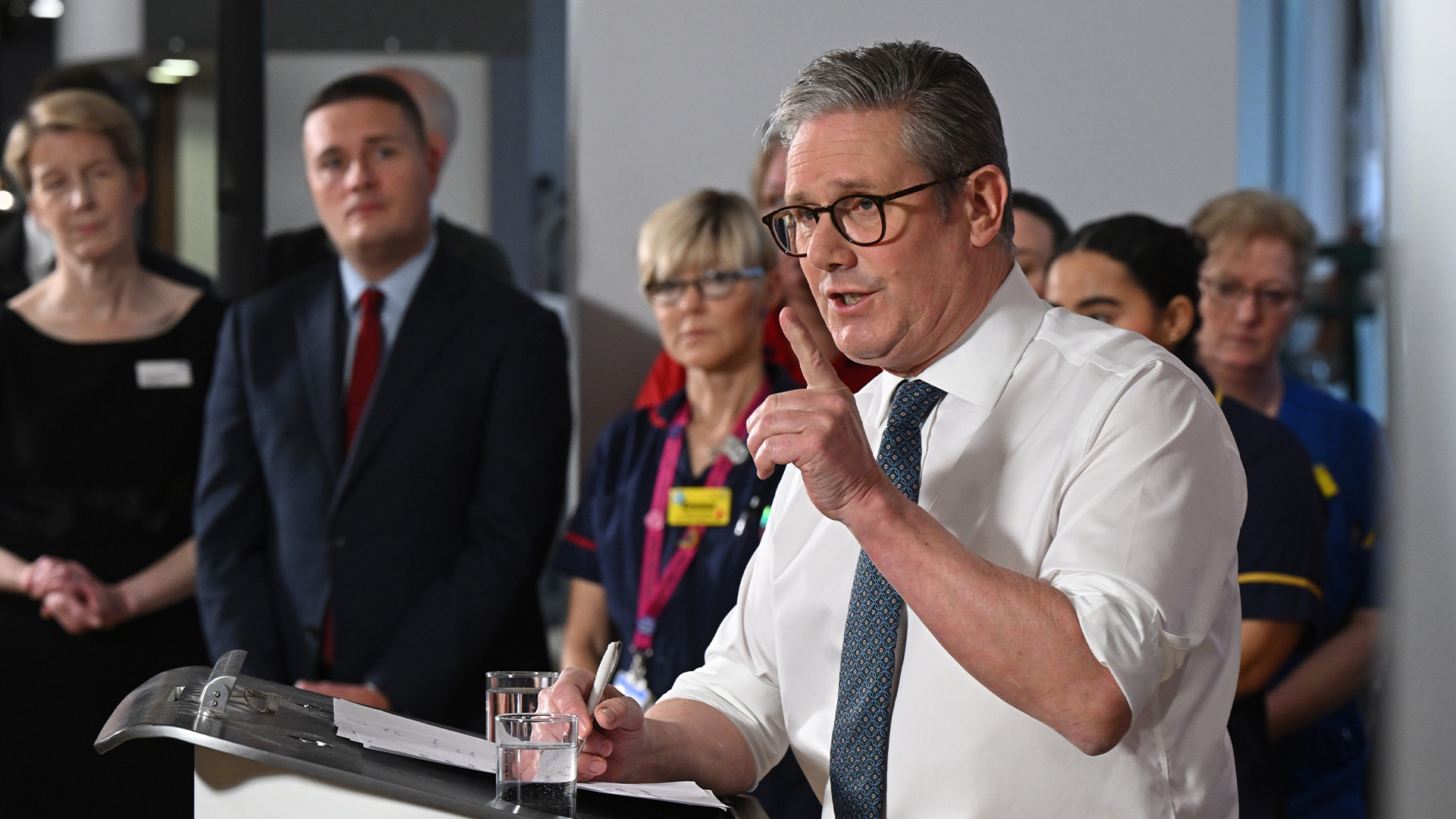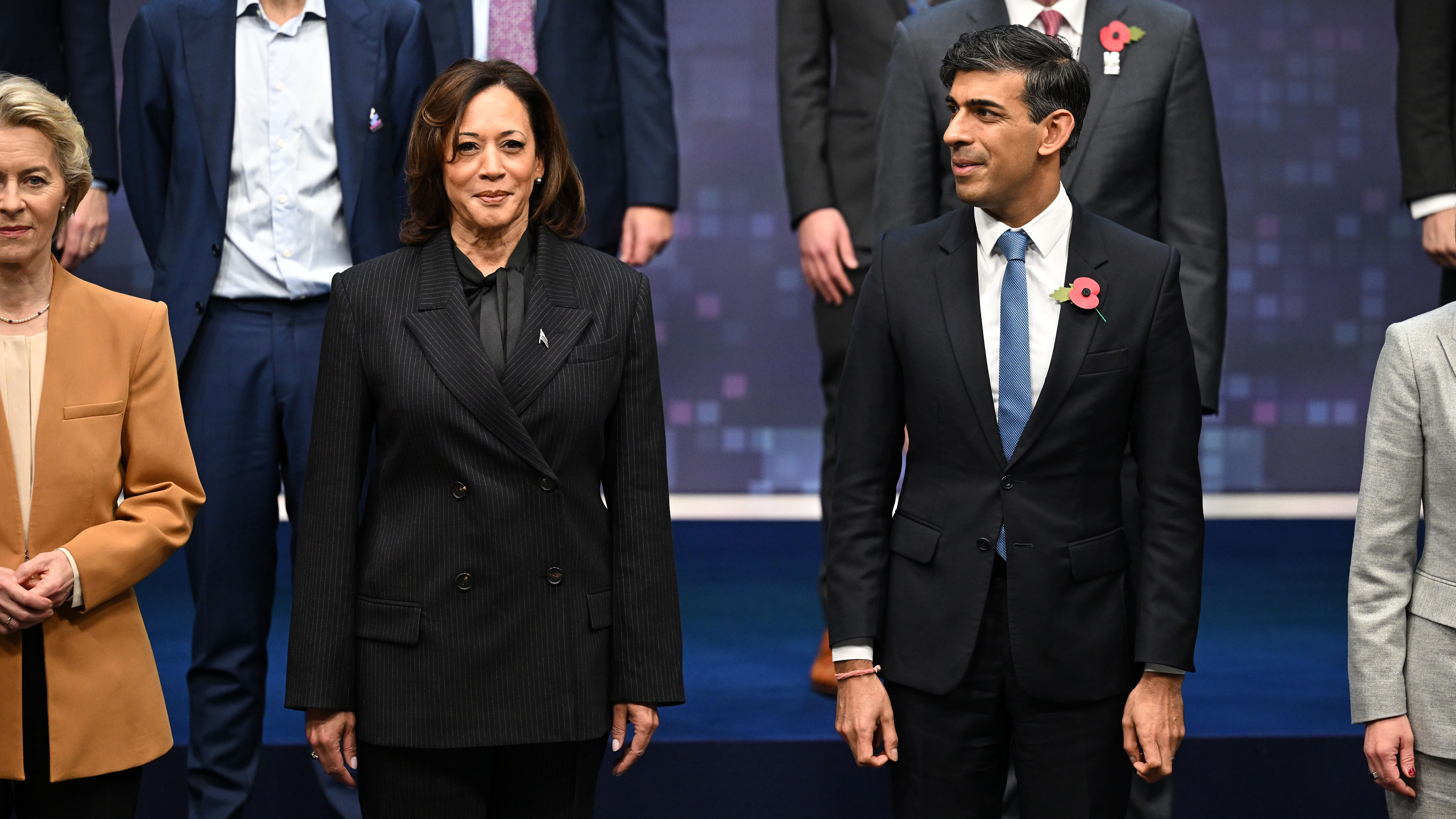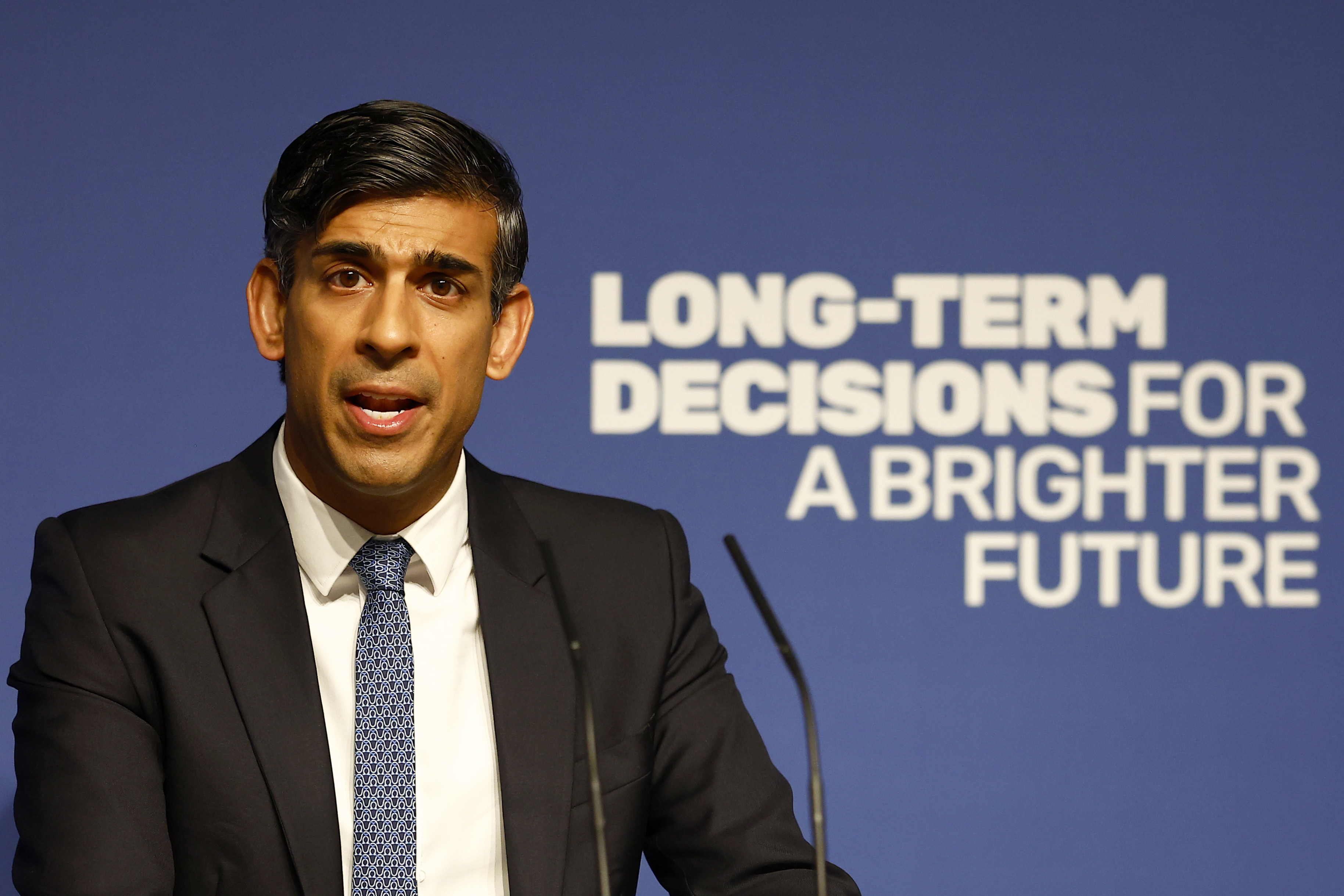Rights groups warn Government over social network ban
As Facebook, RIM and Twitter hold meetings with Government, rights groups raise concerns over any social network crackdown.


Human rights bodies have written to the Government warning of the dangers of banning people from social networks if they are deemed to be a danger.
The Government held meetings today with representatives from social media firms to talk about whether sites such as Facebook and Twitter could work in closer alignment with police.
Following the London riots, in which social media sites were used to organise criminal acts, Prime Minister David Cameron openly said the Government would look into preventing people's use of such websites if they were deemed to be organising violent or disorderly acts.
We are very concerned that new measures, made in good faith but in a heated political environment, will overextend powers in ways that would be susceptible to abuse.
"Turning off, restricting or monitoring people's communications networks are matters that require extreme care and open, detailed deliberation," the letter from a host of rights groups read.
"We are very concerned that new measures, made in good faith but in a heated political environment, will overextend powers in ways that would be susceptible to abuse, restrict legitimate, free communication and expression and undermine people's privacy. This is especially so if proposals involve unaccountable voluntary arrangements between law enforcement and communications providers."
Amongst the groups behind the letter were Amnesty UK, the Open Rights Group and Privacy International.
Get the ITPro daily newsletter
Sign up today and you will receive a free copy of our Future Focus 2025 report - the leading guidance on AI, cybersecurity and other IT challenges as per 700+ senior executives
"It is essential that any review of regulations covering communications networks happens through a public consultation, with full details of meetings between the Government and social network platforms made public as soon as possible," the letter continued.
"This should involve a genuine multi-stakeholder process that includes not only the communications providers but groups representing broader citizens' rights such as freedom of expression and privacy."
Today, the Home Office said it held "constructive" talks with police and the social media industry. Representatives from Facebook, Twitter and RIM's BlackBerry Messenger team were invited to speak with Government.
"The Home Secretary, along with the Culture Secretary and Foreign Office Minister Jeremy Browne, has held a constructive meeting with ACPO [the Association of Chief Police Officers], the police and representatives from the social media industry," a Home Office spokesperson.
"The discussions looked at how law enforcement and the networks can build on the existing relationships and cooperation to crack down on the networks being used for criminal behaviour."
Facebook said it was happy with the discussions, noting the talks were not about "imposing new restrictions on internet services."
A statement pointed to the quality of its own reporting tools to keep people safe.
"We were pleased to highlight our array of effective reporting tools and the relationships we have built with law enforcement to keep the site safe for the 30 million people in the UK who use Facebook - especially during times of crisis," the company said.
"We were also able to revisit the positive role Facebook played during the riots from letting friends and family know they are safe to helping facilitate local clean-up operations. There is no place for illegal activity on Facebook and we take firm action against those who breach our rules."
Tom Brewster is currently an associate editor at Forbes and an award-winning journalist who covers cyber security, surveillance, and privacy. Starting his career at ITPro as a staff writer and working up to a senior staff writer role, Tom has been covering the tech industry for more than ten years and is considered one of the leading journalists in his specialism.
He is a proud alum of the University of Sheffield where he secured an undergraduate degree in English Literature before undertaking a certification from General Assembly in web development.
-
 Should AI PCs be part of your next hardware refresh?
Should AI PCs be part of your next hardware refresh?AI PCs are fast becoming a business staple and a surefire way to future-proof your business
By Bobby Hellard
-
 Westcon-Comstor and Vectra AI launch brace of new channel initiatives
Westcon-Comstor and Vectra AI launch brace of new channel initiativesNews Westcon-Comstor and Vectra AI have announced the launch of two new channel growth initiatives focused on the managed security service provider (MSSP) space and AWS Marketplace.
By Daniel Todd
-
 ‘Archaic’ legacy tech is crippling public sector productivity
‘Archaic’ legacy tech is crippling public sector productivityNews The UK public sector has been over-reliant on contractors and too many processes are still paper-based
By Emma Woollacott
-
 Public sector improvements, infrastructure investment, and AI pothole repairs: Tech industry welcomes UK's “ambitious” AI action plan
Public sector improvements, infrastructure investment, and AI pothole repairs: Tech industry welcomes UK's “ambitious” AI action planNews The new policy, less cautious than that of the previous government, has been largely welcomed by experts
By Emma Woollacott
-
 UK government trials chatbots in bid to bolster small business support
UK government trials chatbots in bid to bolster small business supportNews The UK government is running a private beta of a new chatbot designed to help people set up small businesses and find support.
By Emma Woollacott
-
 Who owns the data used to train AI?
Who owns the data used to train AI?Analysis Elon Musk says he owns it – but Twitter’s terms and conditions suggest otherwise
By James O'Malley
-
 The UK's hollow AI Safety Summit has only emphasized global divides
The UK's hollow AI Safety Summit has only emphasized global dividesOpinion Successes at pivotal UK event have been overshadowed by differing regulatory approaches and disagreement on open source
By Rory Bathgate
-
 Rishi Sunak’s stance on AI goes against the demands of businesses
Rishi Sunak’s stance on AI goes against the demands of businessesAnalysis Execs demanding transparency and consistency could find themselves disappointed with the government’s hands-off approach
By Rory Bathgate
-
 UK aims to be an AI leader with November safety summit
UK aims to be an AI leader with November safety summitNews Bletchley Park will play host to the guests who will collaborate on the future of AI
By Rory Bathgate
-
 AI-driven net zero projects receive large cash injection from UK gov
AI-driven net zero projects receive large cash injection from UK govNews Funds have been awarded to projects that explore the development of less energy-intensive AI hardware and tech to improve renewables
By Rory Bathgate